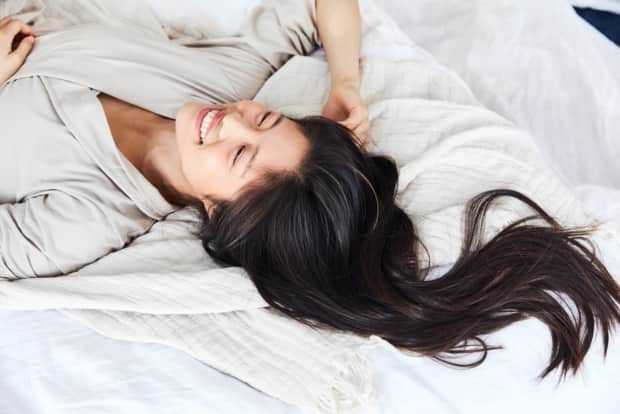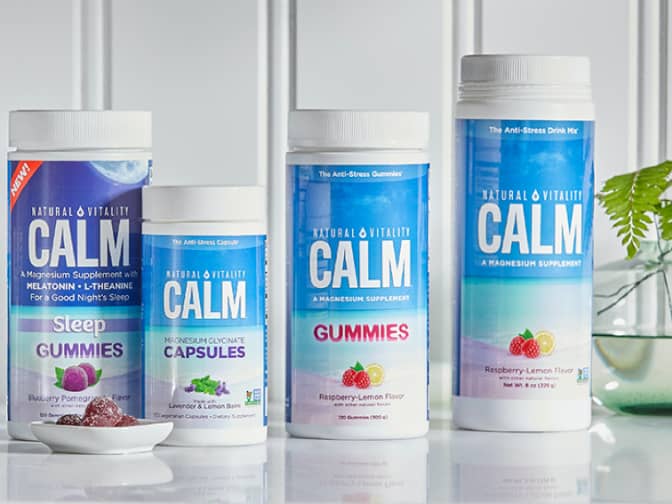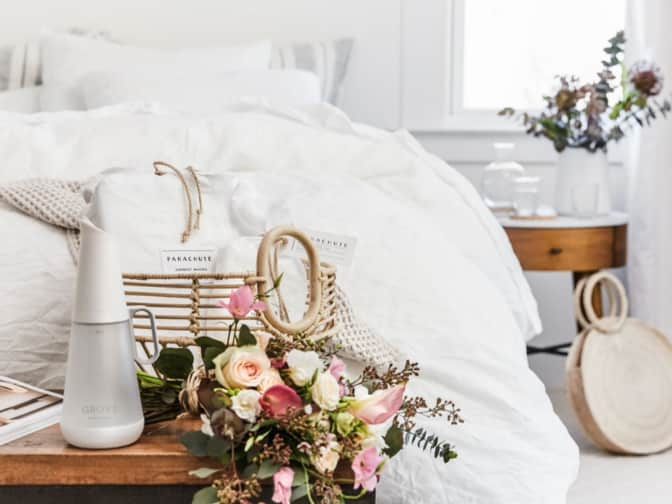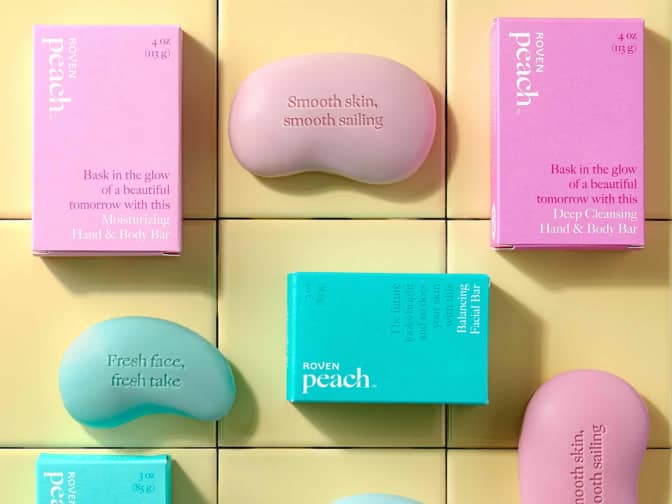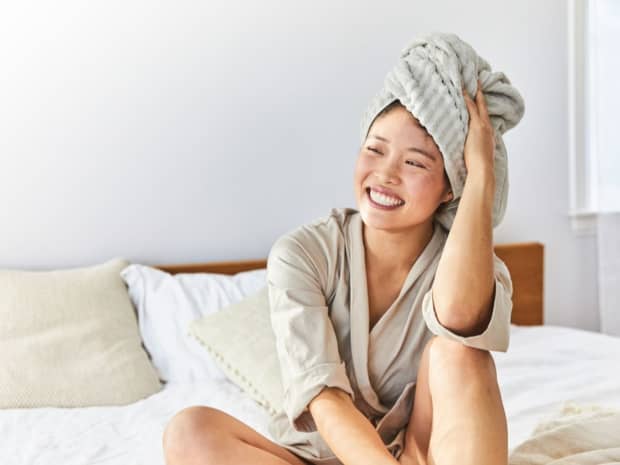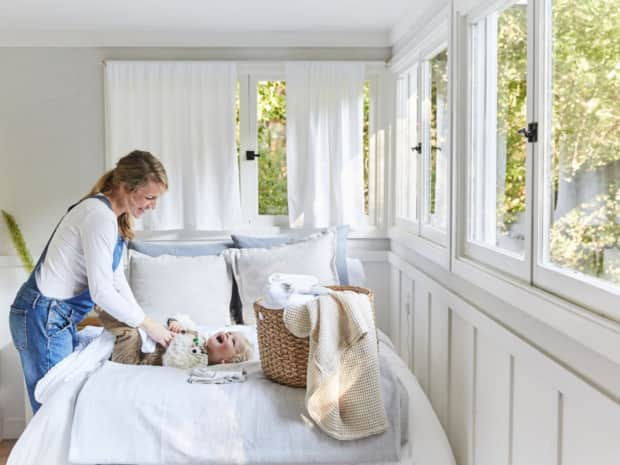When it comes to getting a good night’s rest, your sleeping environment is just as important as how tired you’re feeling. Here are a few important steps to set up the bedroom.
1. Set a comfortable temperature
Anyone can tell you that sleep is an elusive beast if it's too hot or too cold in your room. Try to control the temperature in your bedroom through air conditioning, heating, fans, windows, and anything else that’s available.
The perfect sleeping temperature varies from person to person, but studies have found the ideal sleep temperature is in the range of 60 to 70 degrees, depending on the person.
2. Reduce light and noise
It’s pretty common knowledge that sudden changes in noise and light can lead to worse sleep, including frequent wake ups. Multiple studies, including one conducted by Lund University in Sweden, confirm this.
When getting your bedroom ready, try to create a lightless environment by turning off all lights and digital devices that give off light. If you live in a noisy area, keep the windows closed, or invest in a white noise machine.
What essential oils are good for sleep?
Amy Hart explains “lavender, chamomile, bergamot, clary sage, valerian, ylang ylang, and sandalwood are some of my favorite essential oils for sleep. I also find customizing blends that work specifically for you, whether it be a scent profile or overall strength of the aroma, is very beneficial. Changing it up from time to time is also nice too.”


